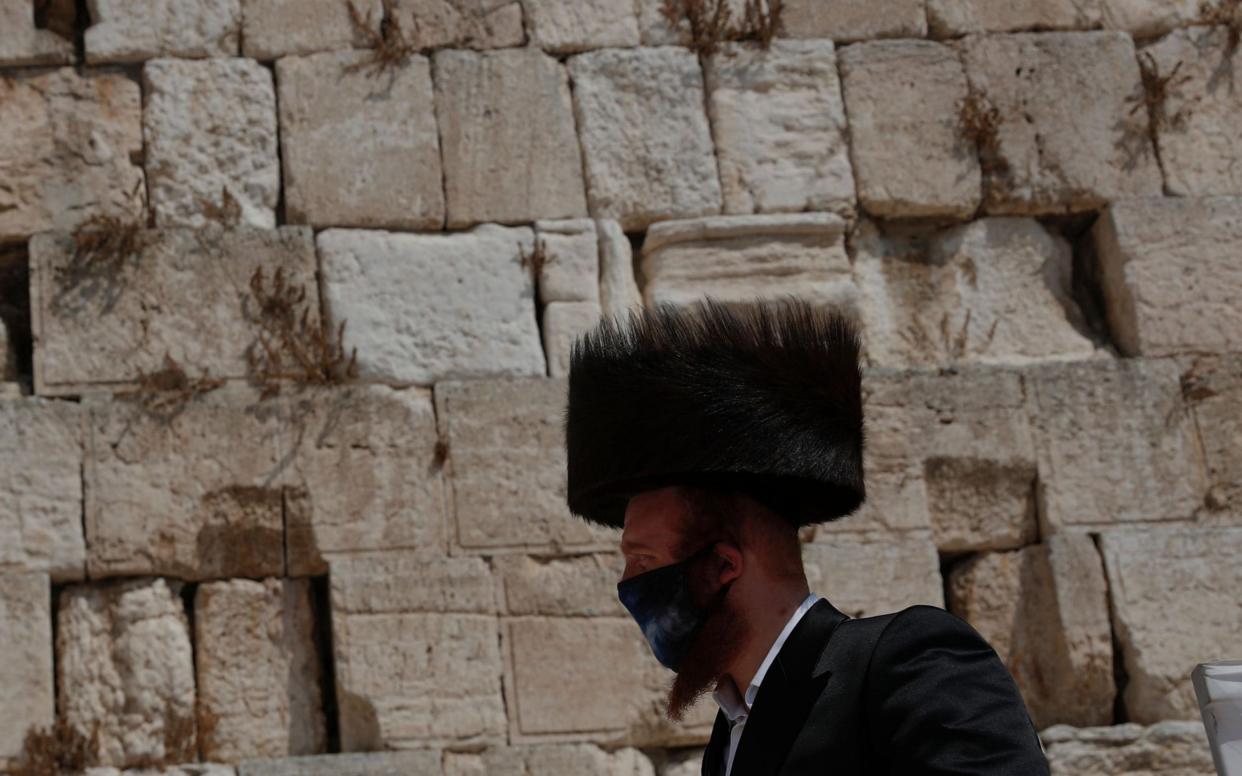Israel minister announces plan to ban fur trade

Israel may become the first country worldwide to ban trade in fur from wild animals, following an announcement by the country’s environmental protection minister.
Calling the buying and selling of animal pelts for the fashion industry “immoral”, Gila Gamliel said Israel would outlaw the practice.
"The fur industry causes the killing of hundreds of millions of animals around the world, and involves indescribable cruelty and suffering," the minister from Prime Minister Benjamin Netanyahu's ruling Likud Party announced on Sunday.
“There is no need or justification for the use of furs in the fashion industry,” Ms Gamliel said on Twitter.
Exemptions would be available for a limited number of purposes, including "scientific research, education, for instruction and religious purposes and tradition."
Male members of Israel’s orthodox Jewish community typically wear fur hats called shtreimels on the sabbath and holidays.
The announcement was welcomed by animal rights activists.
“Exciting news from Israel,” said the UK branch of Humane Society International, which is campaigning to ban fur sales in the United Kingdom.
Israeli advocacy group Animals Now said most people in the country opposed the fur trade.
"Already at the beginning of the struggle, 86 percent of Israelis expressed a clear position that caging, torturing and brutally killing foxes, minks, dogs and cats for extravagant and unnecessary fashion items is unacceptable,” the group said in a statement.
"The minister's important decision will save countless animals."
Some cities worldwide have already banned fur sales, and in October 2019 California became the first US state to do so.
When New York city considered banning fur sales last year, some Orthodox Jews opposed the proposal, despite an exemption that would allow sales on religious grounds.
“If we ban fur and then you have people that are still out there wearing it, considering the fact that hate crime in New York City is on the rise, people will be targeted on the streets, saying, ‘Why are you wearing this if there’s a fur ban?’” Chaim Deutsch, an Orthodox Jew, told The New York Times.
While shtreimels are typically made from the pelts of sables, foxes or other animals, in recent years some Orthodox Jewish leaders have encouraged the wearing of synthetic fur. In 2013, Rabbi Shlomo Pappenheim said making shtreimels from animal fur violated religious prohibitions against causing unnecessary suffering to animals.

